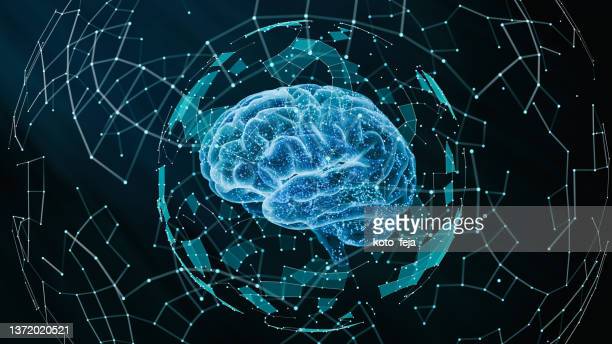
The future of work is rapidly evolving with the introduction of new technologies such as AI, blockchain, and robotics. Remote work and the gig economy are becoming increasingly popular, and in-demand skills are shifting towards technical abilities like data analysis and cybersecurity. Soft skills such as communication and adaptability will remain essential, and upskilling will play a crucial role in staying competitive in the job market.

AI and job automation have revolutionized the workforce, with machines replacing humans in many repetitive or dangerous tasks. While this can lead to increased efficiency and cost savings for businesses, it also poses significant challenges for workers whose jobs are at risk of becoming obsolete. It is important for individuals and society as a whole to adapt to these changes and ensure that people are equipped with the skills necessary to thrive in the new economy.

Deep learning is a subfield of machine learning that involves training artificial neural networks to recognize and classify patterns in large datasets. These neural networks are inspired by the structure and function of the human brain, and are composed of multiple layers of interconnected nodes or "neurons". By adjusting the strength of connections between neurons, deep learning algorithms can learn to extract complex features from raw data, such as images, speech, or text. This has led to breakthroughs in a wide range of fields, including computer vision, natural language processing, speech recognition, and robotics. Deep learning has also enabled the development of cutting-edge applications such as self-driving cars, personalized medicine, and virtual assistants.



